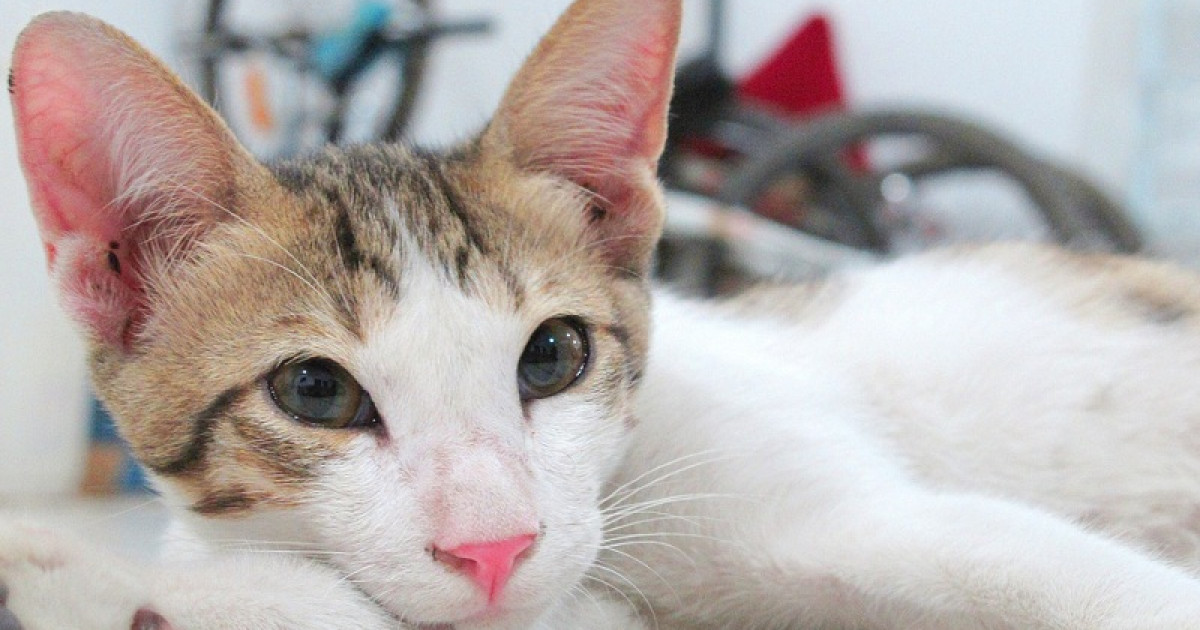Cat Therapy: The Healing Impact of Life with a Cat
Cat therapy, or felinotherapy, is an increasingly popular intervention harnessing the unique companionship of cats to enhance human well-being. This approach leverages the simple, yet profound, interactions between people and felines to support mental and physical health.
Cat Therapy: An Anti-Stress Treatment with Your Feline
Cat therapy is a traditional approach to alleviate symptoms of stress, anxiety, and low mood through interaction with domestic cats. The gentle companionship these small felines offer can significantly improve overall physical and mental health, fostering a better quality of life through friendly engagement. Its effectiveness lies in the straightforward, reciprocal bond formed between a person and a cat.
Cats and Humans: A Brief History
For centuries, humans have found profound companionship and affection in certain animal species. Beyond domestication for food, shelter, and transport, some animals have cultivated a deeper, more intimate relationship with humans. Historically, dogs and cats have primarily fulfilled this role, though dogs often had additional duties like hunting, herding, and guarding.
The domestic cat (Felis silvestris catus), a small predatory mammal, traces its scientific origins and first reported presence to southern Egypt around 3000 BCE. In these ancient times, cats were highly revered, even attaining divine status. From Egypt, their presence expanded globally via trade routes, becoming companions to mystics and healers. Later, they were valued for hunting rodents, which prevented disease spread, thereby acting as a natural health safeguard for humans. Gradually, their role as domestic friends and companions solidified. Today, diverse breeds of domestic felines exist, each with unique characteristics ranging from varied fur types to distinct cranial structures.
The Cat: Discovering Its Personality and ‘Anti-Stress Properties’
Cats are notably autonomous, a characteristic shared by most felines. Their bond with human companions is often built on mutual respect. The presence of a cat contributes to achieving states of relaxation without the cognitive side effects sometimes associated with psychopharmaceuticals. Simply petting a cat can reduce stress, lower blood pressure, and decrease heart rate.
Moreover, the distinctive purr of a cat—a sound emitted when comfortable and secure—has a profoundly positive effect on human mood, promoting cheerfulness, confidence, and security. The affectionate gestures cats provide also positively impact our psyche, assisting convalescing individuals in their recovery through their calming presence.
Feline Companionship, Always Welcome
Many specialists recommend feline companionship for individuals living alone. Beyond the significant mental health benefits central to cat therapy, cats require relatively less demanding care compared to, for instance, dogs. Living with a cat also fosters self-understanding and acceptance; cats offer unconditional acceptance, devoid of judgment based on appearance or social status, simply returning affection in their natural, unadorned way.
Families sharing their homes with cats also reap psychological benefits, as feline presence can enhance communication between parents and children, and among siblings. This forms a positive aspect of cat therapy. Furthermore, living with animals teaches children responsibility, respect, and love for other species, reinforcing calm, relaxed attitudes and reducing stress.
Mental Health, Cat Therapy, and Key Insights
The benefits of cat therapy for individuals with physical or psychological disabilities, or emotional disorders, have been extensively studied. Clear advantages have been observed in cases involving dementia-related disorders (e.g., Alzheimer’s), autism, Down Syndrome, ADHD, behavioral issues in children, and mood disorders.

Research indicates that cat owners may experience improved and faster recovery from cardiac conditions, potentially increasing survival rates after acute episodes like heart attacks. Studies have shown that individuals living with cats exhibit a lower likelihood of dying from a heart attack, a protective effect that wasn’t as pronounced in dog owners, possibly due to the greater daily care demands of canine companions.
Numerous national associations and foundations dedicated to enhancing the quality of life for individuals with severe mental disorders incorporate cats into their therapeutic programs. For autistic children, for example, cats demonstrate various positive effects. While a cat cannot cure severe psychopathology, contact with felines has been observed to provide significant doses of happiness, restoring smiles, particularly for those leading solitary lives.
The benefits of living with cats are also particularly notable for seniors residing in geriatric care facilities. Daily interaction with an amiable cat—which they can speak to, pet, and care for—can help seniors verbalize their emotions and feelings, as well as recall childhood memories. Stimulating memory and sharing anecdotes and stories from their past is critically important for patients with senile dementia or Alzheimer’s, as this mental exercise plays a fundamental role in delaying the degeneration of neuronal quality responsible for progressive memory loss. Tactile engagement, through petting a cat and feeling its comforting purr, stimulates nerve endings that can evoke cherished memories.
Cats Are Not Toys
Adopting a cat can be done through your local animal shelter. However, it is crucial to recognize that a cat is a living being with needs, capable of suffering. This necessitates taking full responsibility for these animals, ensuring their health and well-being. Cats require regular deworming, vaccinations, and in many countries, an identification microchip. Therefore, in cat therapy, the feline is not merely a tool but an active agent participating in treatment sessions, capable of deciding what it wants and does not want to do.

Eat Better. Feel Better.
Get 35% OFF your first order with code MH35. Fresh, gluten-free meals delivered to your door!
Order Now
